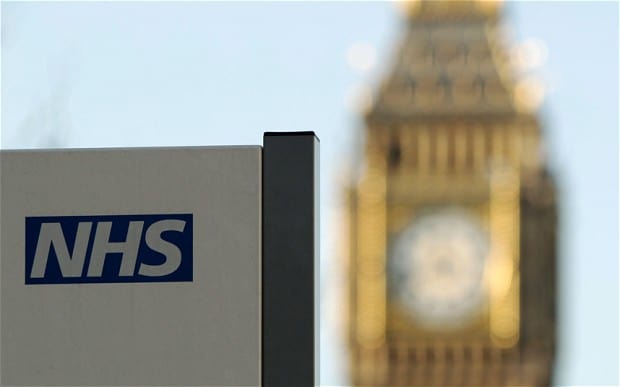
Labour to extend cancer drugs funding if elected
pharmafile | December 10, 2014 | News story | Research and Development, Sales and Marketing | CDF, Cancer, Labour, NHS, NICE, andy burnham, election
Labour has committed to continuing the Cancer Drugs Fund system under the guise of a new £330 million ‘Cancer Treatment Fund’ should the party win next year’s general election.
England’s annual CDF currently pays for cancer medicines that are deemed too expensive to be offered on the NHS by NICE. Shadow health secretary Andy Burnham, however, has revealed that the proposed new scheme would extend the scope of funding to include the latest forms of radiotherapy and surgery “that are too often not available for thousands of people with cancer”.
He writes on his website: “Figures from Cancer Research UK show that while half of radiotherapy patients should receive Intensity-modulated Radiotherapy (IMRT), it is currently only received by a third.
“The number of patients receiving Stereotactic Ablative Radiotherapy (SABR), which treats lung and other cancers over a shorter length of time, fell by 10% last year. Meanwhile, 124 patients were sent abroad to receive Proton Beam therapy last year as the NHS will not be able to deliver it until 2018.”
He adds that “surgery and radiotherapy are responsible for nine in ten cases where cancer is cured”.
Proton Beam Therapy in particular has been under the spotlight recently after the parents of child cancer patient Ashya King, who was denied the treatment, took him from his hospital to try and get him the therapy abroad.
The £50 million increase over the CDF’s £280 million per-year budget will be paid for using pharmaceutical industry rebates. Under the new PPRS scheme introduced at the beginning of 2014, the pharma industry in the UK must pay back any money it makes over agreed growth limits to the Department of Health.
The Cancer Treatment Fund would come into effect after the current CDF ends in 2016.
A short-term solution?
The current Cancer Drugs Fund has been under increasing pressure over the past year, however, which has led to many questioning its viability. In August the government was forced to increase the Fund’s budget from £200 million a year and introduce cost-effectiveness assessments as the prices of cancer medicines continue to soar.
This has led to scathing criticisms of the both the Fund and the pharma industry – charity Breakthrough Breast Cancer for example has said that the CDF is simply ‘papering over the cracks’ of the bigger issue of pricing, and has set up the ‘Demand a Fair Price’ campaign.
Stephen Whitehead, chief executive of the ABPI, insists that the prices of branded medicines in the UK ‘are amongst the lowest in Europe’ and says that the lobby group is focusing on “calling for reform of NICE to enable it to look at new medicines with greater flexibility whilst also balancing the affordability issue”.
He adds: “The ABPI welcomes the Shadow Secretary of State’s recognition of the poor availability of new and exciting medicines for patients in the UK.
“Cancer medicines in particular lagged behind and the CDF was introduced to enable patients to have access to cancer medicines that are routinely available in other EU countries. The fund has gone some of the way to address this although the UK still lags behind Germany, France and Italy as regards the access to medicines for patients in need.”
George Underwood
Related Content

NICE recommends migraine treatment for NHS use
The National Institute for Health and Care Excellence (NICE) has shared draft guidance recommending AbbVie’s …

Geneos Therapeutics shares data from phase 1/2 trial for cancer vaccine
Geneos Therapeutics has announced that it has published positive safety, immunogenicity and efficacy data from …

Curve Therapeutics’ CSO publishes research on HIF inhibition for cancer treatment
Curve Therapeutics has announced that its chief scientific officer, Professor Ali Tavassoli has published research …








